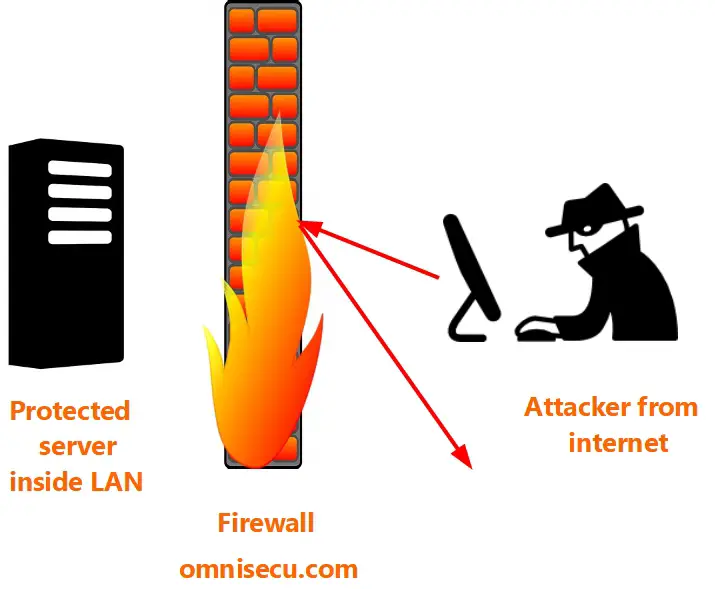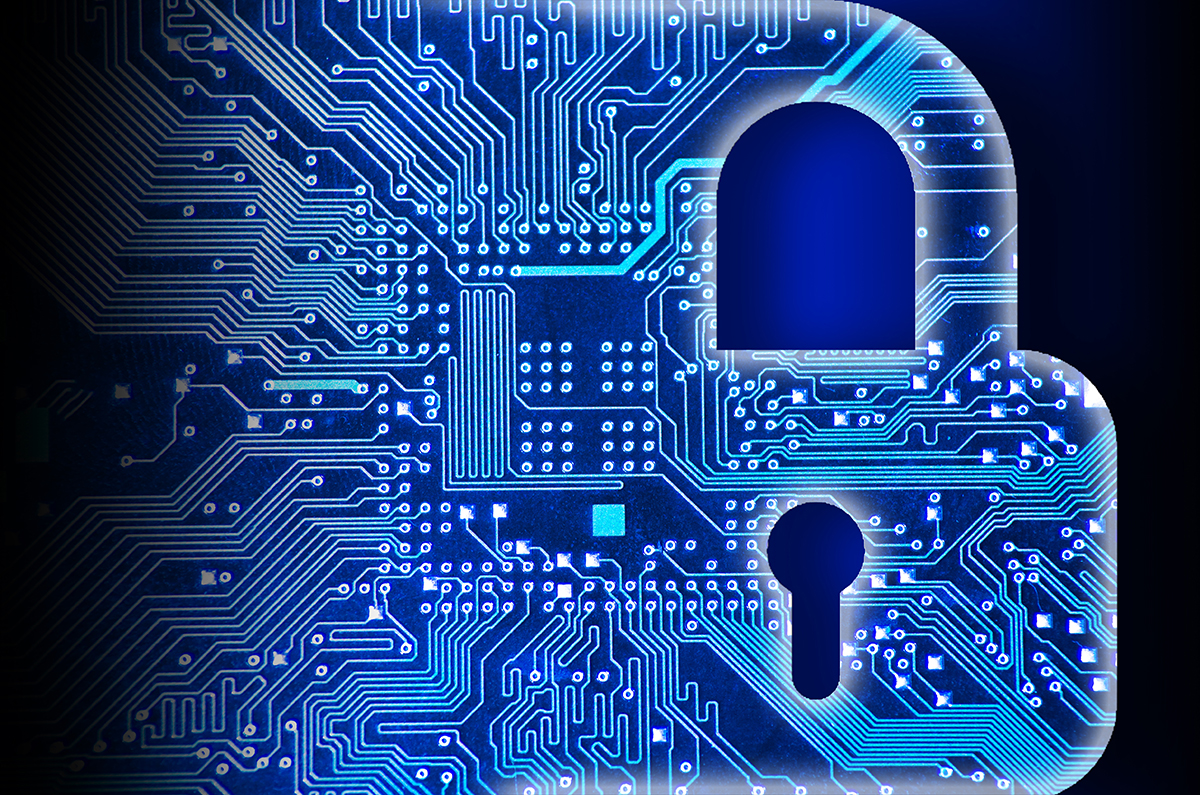Network infrastructure devices
Did you know that protecting your network infrastructure is crucial in today's digital age? One of the most effective ways to ensure the security of your network is by using a firewall. But what exactly is a firewall, and why is it so important? Let's dive deeper into this topic.
Network Infrastructure devices - What is a Firewall
A firewall is a network security device that monitors incoming and outgoing network traffic and decides whether to allow or block specific traffic based on a defined set of security rules. It acts as a barrier, protecting your network from unauthorized access and potential threats.

Image Source: https://www.omnisecu.com
Think of it as a gatekeeper for your network. Just like a security guard checks people's IDs before allowing them into a building, a firewall checks the authenticity and legitimacy of network packets before letting them through. It examines data packets and compares them against a set of predetermined rules and filters out any suspicious or potentially harmful traffic.
A firewall provides several key benefits:
Firewall Protection | Benefits of Managed Firewall Security

Image Source: https://swiftsystems.com
Managed firewall protection offers a proactive approach to network security. It keeps your network secure and minimizes the risk of unauthorized access, data breaches, and other cyber threats. Here are some of the benefits it offers:
1. Enhanced Network Security:
By implementing a robust firewall solution, you can strengthen your network security infrastructure. It helps in preventing unauthorized access to your network and safeguards your sensitive data.
2. Improved Productivity:
A firewall can block access to certain websites or online resources that are known to be time-wasting or unproductive. It can also restrict the download of certain file types that may pose a security risk. By limiting these distractions, you can increase productivity within your organization.
3. Threat Prevention:
A managed firewall constantly updates its security rules and filters to protect against the latest threats and vulnerabilities. It identifies and blocks suspicious traffic, preventing potential malware or malicious attacks from harming your network.
4. Safe Remote Access:
In today's remote work environment, having a secure way to access your network from outside the office has become crucial. A firewall with a virtual private network (VPN) capability allows authorized users to securely connect to the office network from any location, ensuring safe and encrypted data transmission.
5. Regulatory Compliance:
Many industries have specific data protection and compliance regulations. By having a robust firewall solution in place, you can ensure that you meet these requirements and avoid costly penalties or legal issues.
In conclusion, a firewall is an essential element of network security infrastructure. It protects your organization from unauthorized access, data breaches, and other cyber threats. By investing in a managed firewall solution, you can enhance your network security, improve productivity, and ensure regulatory compliance.
So, if you haven't already, make sure to implement a powerful firewall to safeguard your network and keep your sensitive data protected!